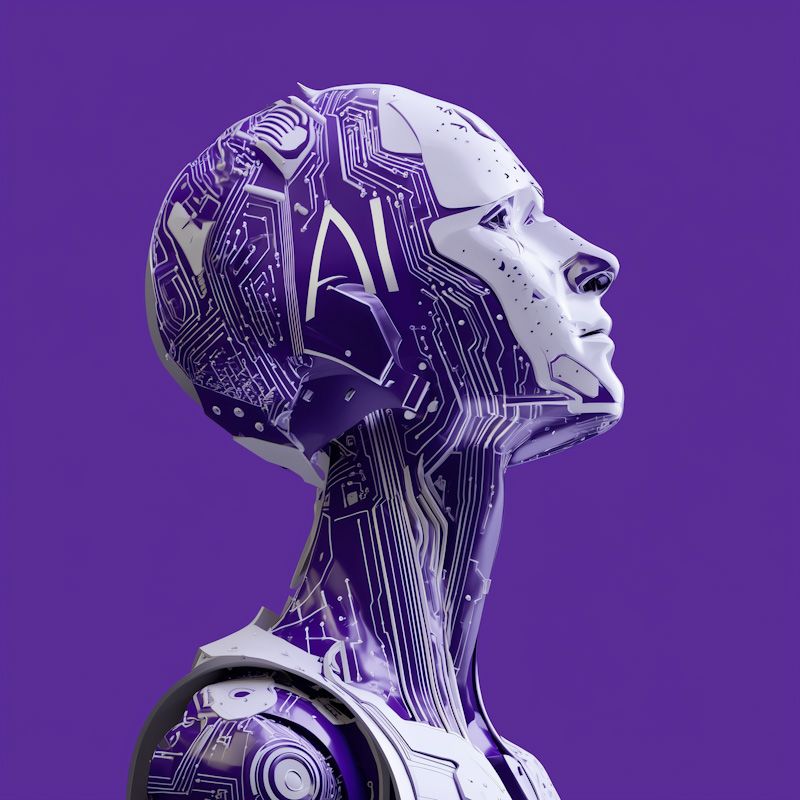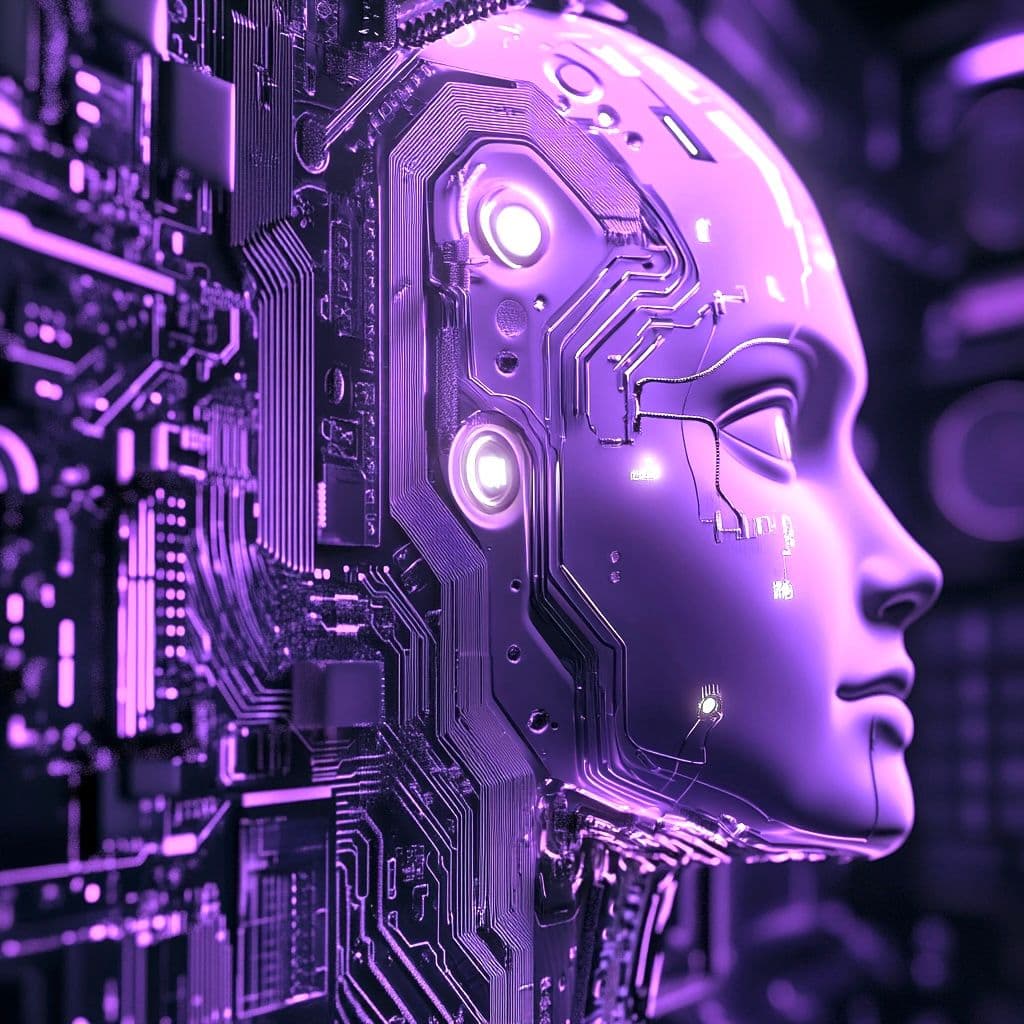The intersection of artificial intelligence (AI) and online poker has transformed the landscape of this classic game. While poker has traditionally been a battle of wits between human players, the emergence of sophisticated algorithms has challenged this notion. In this article, we delve into how AI algorithms operate, the strengths of AI-guided players, the advantages of human players, human limitations in online play, and finally, the collaboration between AI and human players, focusing on tools like Poker EYE that can enhance gameplay.
As AI continues to evolve, its impact on poker strategies becomes increasingly profound, allowing machines to analyze vast amounts of data at lightning speed. This capability enables AI to identify patterns and optimal moves that human players might overlook in the heat of the moment. However, the essence of poker extends beyond mere mathematical calculations. Emotional intelligence, intuition, and the ability to read opponents create a unique dimension of the game that AI struggles to replicate. That sets a question of what is better for winning: playing with the help of AI or relying only on experience and human intuition.
How AI Algorithms Work in Poker
AI in poker operates through complex algorithms that analyze vast amounts of data to determine the best possible moves. These algorithms utilize concepts from game theory, probability, and machine learning to assess various factors such as pot odds, player tendencies, and historical hand outcomes.
The foundation of AI poker strategies lies in evaluating scenarios and predicting results. For example, if a player faces a bet, the AI calculates the odds of winning based on the potential hands remaining, the likelihood of opponents holding certain cards, and the overall game dynamics. These calculations allow AI to recommend the most statistically favorable actions, whether that be folding, calling, or raising. One prominent example is the use of neural networks, where AI models learn from thousands of simulated poker games. Over time, these models refine their strategies, adjusting to exploit human playing patterns.
The introduction of AI programs has set new benchmarks by beating top human players in no-limit heads-up and multi-player formats, respectively. Such advancements highlight that AI can outperform even the most skilled human players when it comes to mathematical precision and data analysis.
Moreover, the continuous evolution of AI in poker is driven by advancements in computational power and data access. As more data becomes available, AI algorithms can analyze patterns that might not be visible to human players. These algorithms not only learn from past games but also adapt in real-time during a match, enabling them to respond to the strategies employed by human opponents.

Strength of Players with AI Guidance
As AI technologies become more integrated into online poker, players who utilize AI assistance gain significant advantages. Programs like Poker EYE not only analyze opponents in real-time but also predict outcomes and optimize strategies. This AI guidance allows players to make informed decisions tailored to each game situation. Poker EYE connects directly to popular poker platforms, delivering crucial insights such as hand ranges and opponent behavior. This immediate feedback loop helps players refine their strategies and maintain a competitive edge. By leveraging over a million strategies, Poker EYE identifies optimal plays that maximize profits in both cash games and tournaments.
Moreover, players equipped with AI tools often experience a boost in confidence. When armed with validated strategies and real-time recommendations, they are likely to execute their game plans more effectively.
Furthermore, the adaptability of AI is a crucial advantage. As the dynamics of a poker table change—whether due to shifts in player strategies or evolving game formats—AI algorithms can continuously analyze the situation and adjust recommendations in real-time. This responsiveness ensures that players remain one step ahead of their opponents, effectively mitigating pitfalls caused by irrational decision-making that often plagues less experienced players.
Overall, AI-assisted players are equipped with a formidable arsenal of tools that extend beyond simple statistical analysis. By integrating real-time feedback and adaptive strategy suggestions, AI technologies profoundly enhance the gameplay experience, providing players with the confidence and insight needed to thrive in competitive environments.
Strengths of Human Players
Despite the formidable capabilities of AI in online poker, human players possess unique strengths that are challenging for AI to replicate. One of the most significant advantages human players have is emotional intelligence. Understanding opponents' psychological states, and sensing table dynamics can shift the tides of the game in favor of astute players.
Some human players use exploratory lines in gameplay trying to win against AI. They look for weak points and deviations and then push in that direction. These kinds of players tend to mirror play of certain groups, trying to set up their opponent for specific moves and use it for their own benefit. These approaches can challenge AI systems in a short run, considering that AI operates on collected statistics, which might turn out to be wrong. In the long term, Poker EYE consistently learns, adjusts, and outsmarts even the most advanced strategies.
Lastly, the passion and enjoyment of the game fuel human players, providing motivation that enhances their performance. This emotional engagement can lead to moments of brilliance and creativity that challenge the conventional boundaries of poker strategy, showcasing strengths in the game that remain distinctly human.

Limitations of Human Play in Online Poker
Despite their advantages, human players are not without limitations. One of the most significant challenges is the ability to process large volumes of data quickly. In high-stakes games, the speed at which a player must make decisions can lead to errors, especially under pressure. Unlike AI bots, which can analyze thousands of potential outcomes in seconds, humans rely on memory and intuition, often leading to sub-optimal decisions.
Moreover, humans are prone to emotional biases, which can interfere with independent decision-making. Variance in poker means that even skilled players will face losing streaks, leading to frustration or tilt – a state where poor decisions are made out of anger or impatience. This emotional volatility can significantly affect a player's performance over time.
In online environments, where players often face numerous tables at once, the demand for concentration and focus can also have detrimental effects on human decisions. The necessity to juggle several games can lead to fatigue and diminish analytical capabilities, hampering performance. As players switch their attention from one table to another, important strategic nuances can be lost, resulting in miscalculations or lapses in judgment. The sheer volume of information to process can also hinder a player's ability to adapt quickly to changing game dynamics.
Additionally, humans can struggle with self-awareness regarding their own skills and limitations. Cognitive biases, such as the Dunning-Kruger effect, may lead less experienced players to overestimate their abilities, while those with more experience may develop a loss of confidence after a series of bad beats. This can result in erratic play styles, making it difficult to maintain a consistent and effective approach.
Lastly, it is extremely difficult physically for players to handle multiple tables at the same time as it requires immense concentration, quick decision-making, and the ability to track various game dynamics simultaneously. Players must manage their bankroll effectively, keep an eye on their position in each hand, and remember the tendencies of their opponents, all while trying to maintain a coherent strategy. This can lead to fatigue, mental strain, and a higher likelihood of making mistakes as the number of tables increases. In contrast, AI is capable of effortlessly monitoring numerous tables at once, analyzing vast amounts of data in real-time without succumbing to fatigue or emotional pressure. AI systems can track patterns, calculate probabilities, and make strategic recommendations, allowing them to maintain a consistent level of performance across multiple games.
Collaboration vs Competition
The dialogue between AI and human players often centers on competition, yet a collaborative approach may be the key to maximizing success in online poker. Tools like Poker EYE demonstrate that AI can be an invaluable ally rather than a competitor. By integrating AI into their gameplay, players can significantly improve their strategic decision-making.
Poker EYE serves as a sophisticated assistant that facilitates real-time guidance. It identifies the most profitable strategies, tracks hand performance, and even manages bankroll effectively. The platform’s design allows players to focus on gameplay while AI analyzes opponents’ actions and trends, granting users the opportunity to adjust their strategies on the fly. This partnership allows players to play to their strengths while relying on AI's analytical capabilities to enhance their overall game.
Moreover, the introduction of AI assistance can democratize access to poker knowledge. Not just elite players benefit from such technology; casual players can leverage AI assistance to elevate their understanding of the game, ultimately allowing them to hold their own against more experienced competitors.
Poker EYE Potential to Enhance Human Gameplay
While AI undoubtedly changes the face of online poker, human players still possess essential qualities that can lead to success in the game. However, to thrive in this evolving landscape, players must embrace the advantages provided by AI tools like Poker EYE.
By incorporating AI tools into their strategy, players optimize their performance and enhance their understanding of the game. With AI’s insights guiding their decisions, players can maximize their potential, making informed choices that capitalize on the game’s nuances.
The dynamic between AI and human players in online poker heralds a transformative era for the game. As AI technologies advance, players find themselves navigating a landscape enriched by real-time analytics and strategic insights, exemplified by tools like Poker EYE. While AI's mathematical prowess and data processing capabilities provide a significant edge in identifying optimal moves and patterns, the distinct advantages of human players—emotional intelligence, creativity, and the ability to read unpredictable social cues—remain irreplaceable.
The future of poker is not solely about competition.Players can elevate their gameplay, demystify complex strategies, and democratize access to high-level poker knowledge using AI assistance. Ultimately, the integration of AI into poker enriches the experience for both seasoned experts and newcomers, ensuring that while techniques evolve, the game's inherent complexities continue to thrive.



